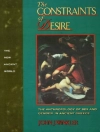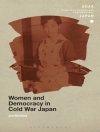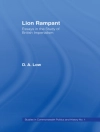In 1932, Albert Einstein was invited by the League of Nations to address a letter on any subject to any individual. He chose to correspond with Sigmund Freud on avoiding war. Einstein maintained the importance of establishing an independent judiciary body to mediate conflicts. Freud agreed with this idea but also felt that ‘there is no likelihood of our being able to suppress humanity’s aggressive tendencies.’ To this day, the correspondence on war by two of the greatest thinkers of all time proves prescient and remains indispensable.
The correspondence between Einstein and Freud was originally published by The International Institute of Intellectual Cooperation of the League of Nations in 1933. Included in this edition is Freud’s essay ‘Thoughts for the Times on War and Death, ‘ two pieces by Einstein on disarmament and the crisis facing affluent societies, and a biographical account of their original encounter and further exchanges.
Jadual kandungan
Contents
Why War?
Albert Einstein
Sigmund Freud
Thoughts for the Times on War and Death
by Sigmund Freud
I. The Disillusionment of the War
II. Our Attitude Towards Death
Albert Einstein on Peace
The 1932 Disarmament Conference
The Danger to Civilization
Albert Einstein and Sigmund Freud: A Meeting of Great Minds by Ulrich Baer
Mengenai Pengarang
Stuart Gilbert (1883-1969) was an English literary scholar and translator. Among his translations into English are works by Alexis de Tocqueville, Édouard Dujardin, André Malraux, Antoine de Saint-Exupéry, Georges Simenon, Jean Cocteau, Albert Camus, and Jean-Paul Sartre. He also assisted in the translation of James Joyce’s Ulysses into French.












